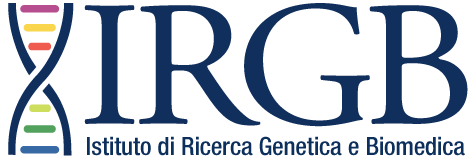Project Description
Dissection of the genetic bases of autoimmune diseases in Sardinia
The incidence of autoimmune diseases is increasing worldwide, representing an important socio-economic problem. This is especially acute in Sardinia, where the prevalence of autoimmune disorders such as type 1 diabetes (T1D) and multiple sclerosis (MS) are among the highest in Europe. We aim to understand the genetic bases of these diseases, highlighting the mechanisms and underlying pathways that, if compromised, can trigger autoimmune response.
Therefore we established the Sardinian autoimmunity case-control cohort that consists of 3,000 MS, 1,600 T1D patients and about 4,000 healthy blood donors as controls. The entire cohort has been characterized with high-density arrays: Illumina ImmunoChip, Human OmniExpress and the Affymetrix Genome-Wide Human SNP Array 6.0 – for a total of over 1,100,000 directly genotyped variants. We used the genome-wide association study approach, employing potent statistical imputation methods and the Sardinian sequencing reference panel to augment the number of variants tested.
The association data generated in our study are integrated with immunophenotypic data to search for coincident variants in autoimmune relevant pathways, mechanisms and most importantly, potential targets for therapy. We are defining the genetic bases of the selective forces in this island population that may contribute to the protection from pathogens on one side and trigger autoimmunity on the other.

Contacts:
m.zoledziewska@irgb.cnr.it
maristella.pitzalis@irgb.cnr.it
References:
Orrù V. et al. Cell 2013
Keywords:
Autoimmunity, GWAS, Type 1 Diabetes, Multiple Sclerosis


